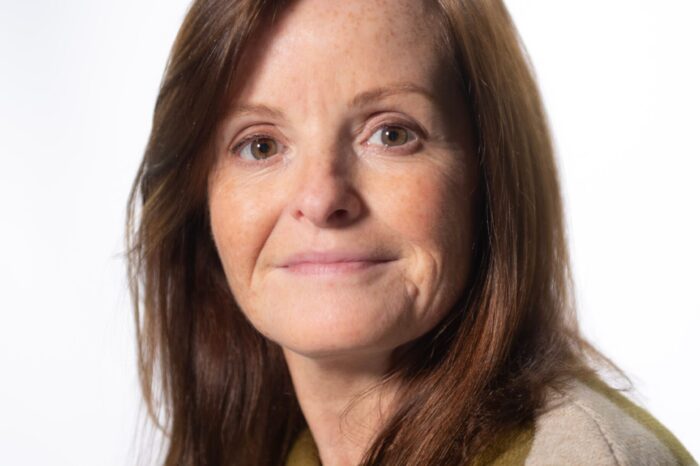WORLD’S FIRST ROBOTIC SQUASH COACH GOES INTO DEVELOPMENT

A social robot from the National Robotarium has become the world’s first squash coach to explore if performance improvements and motivation levels can be increased during a player’s solo practice.
The project will involve research on court between a real player practising a variety of shots and technical aspects of their swing, a motion tracking sensor attached to the squash racket to monitor swings and speeds of hitting the ball, and a robot receiving this data and interpreting what coaching feedback to provide.
The project is being led by scientists from the National Robotarium, hosted by Heriot-Watt University.
The research facility is part of the Data-Driven Innovation initiative and is supported by £21 million from the UK Government and £1.4 million from the Scottish Government through the £1.3 billion Edinburgh and South East Scotland City Region Deal.
The robotic coaching project will be delivered in collaboration with industry partner, RacketWare, using its motion tracking sensor and interfacing technology to translate a player’s data to the robot.
Twelve coaching strategies have been developed from observing one-to-one training sessions between real coaches and players.
Based on the sensor’s data, the coaching strategy programming will enable the robot to give instructions about what the player should attempt next, using hints and tips and positive reinforcement. This will imitate live a coaching experience.
Martin Ross from Heriot-Watt University explains: “We want to discover if robotics can complement and support the activities of a human coach, bridging the gap between in-person coaching sessions when an individual sportsperson is conducting solo practice.
“Robots have been used in other sports, but we believe this is a world first for squash coaching. Additionally, we are observing the human response to a robot coach, assessing whether machine-led coaching strategies and words of encouragement are accurately timed and positively received.”
UK Government Minister for Scotland Iain Stewart said: “This is a superb example of how robots can help us improve our learning in different areas of our daily lives.”
Dr Paul Mellor, founding director of Racketware, added: “Solo practice is typically used by professional level players and committed rank amateurs. Research shows that it increases the skill and motivation levels of all abilities of players.
“A coaching session is typically £40 per session with an estimated 10-20 coaching sessions required to make progress. It’s expensive, especially if you’re committed to improving your game.
“That’s why we’re excited about this project.
“It has the capacity to push the frontiers of how motion sensor technology can be applied to racket sports and explore the area of robotic coaching with motion sensor data to develop products, like ours, that make squash coaching accessible to more people.”
Paul Bell from Scottish Squash, the national governing body for the sport in Scotland said: “Historically, squash has been slow to embrace technology. However there have been some exciting advances in its use in the sport recently which we have fully embraced.
“We know that solo practice offers great benefits to squash players so if the use of a robot coach can motivate more players to try it then it will be a great thing for the sport in Scotland.”








